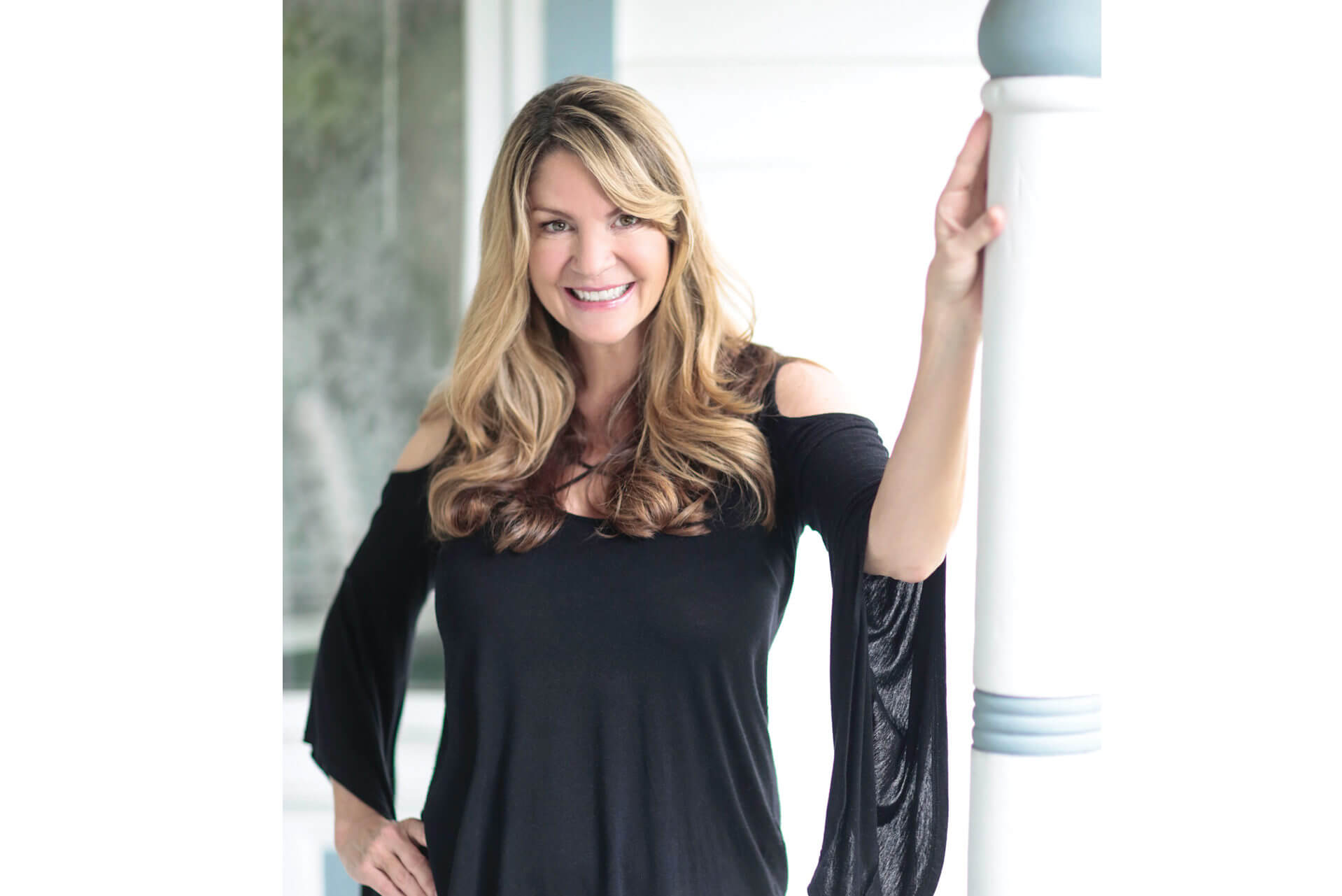Behind The Voting Curtain

Before housewives were “Desperate” or “Real,” they were just quietly performing the job of mother and wife and organizer of all things domestic. Over the decades they have been peppered with subservient advice such as don’t talk first or complain when your husband comes home, or fix a lackluster marriage by lying wrapped in Saran Wrap under the dining room table to greet him.
They have usurped their identities by being identified as Mrs. Edward Smith, been stereotyped as mini-van-driving soccer moms, or epitomized as the scary but perfect Stepford Wife. Their personal opinions were often overshadowed by their husband, community, place of worship, or school. After all, “Father Knows Best.”
So now in this mid-term election, political pundits predict that the deciding factor may very well be the suburban women vote. All of a sudden, reporters are in local coffee shops and malls putting a microphone in front of these women and asking them what they think. What issues are important to them? What do they want for the future of this country?
It is not so very long ago that women were not even allowed to vote, let alone possibly shift the balance of power in Congress. We actually are coming up on the 100-year mark of the women’s right to vote in 2020 and it is worth remembering what the suffragettes suffered to give us this incredibly important opportunity in democracy.
The divide is at an all-time high and the chasm is one thing across parties or Facebook friends but another thing across the marital bed. Political pillow talk is downright dangerous. Unlike the 1956 election studies, the evidence of similarity in voting behavior between married couples is out the research window. She may be a she before she is a we.
So, when these suburban women in key states are behind that voting curtain, what does their conscience tell them to do? It would be a mistake to think that this is a monolithic group. Not every suburban woman has a pink knitted cap in her closet. Also, she may be the breadwinner, or she may be single or divorced. Some voting behavior studies in the past found single women voted more on women’s issues as a whole, while married women might look to what was best for their husband economically.
But this time it feels like something bigger. It feels like as women we have more in common than not. There is more that unites us than divides us. And thank you Susan B, we have the right to express that at the polls.
Pamphlets against women’s right to vote included arguments that 90 percent of women do not want it or do not care. It then went on to give hints on spot removers. It seems in this election that women do care and voting might just be the best way to get rid of a stain ever.
kissandtellhb@gmail.com



